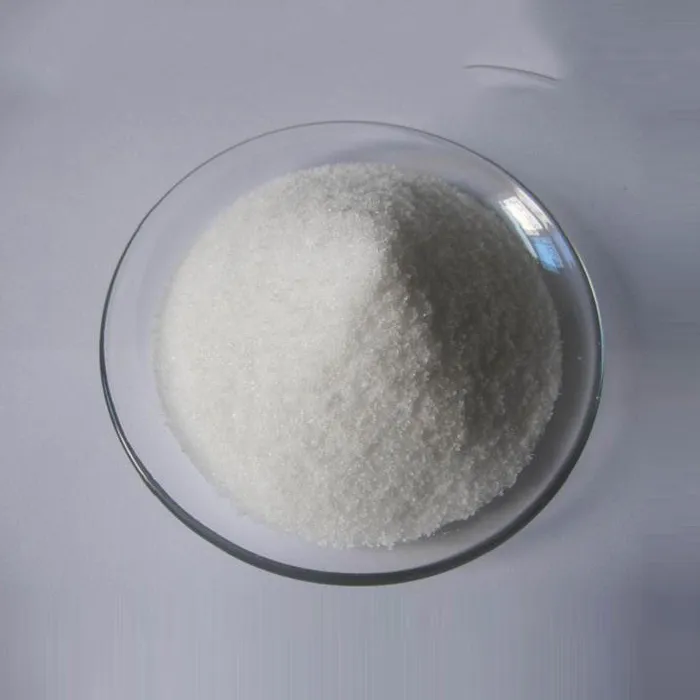Understanding the Chemicals Used in Chilled Water Systems
Chilled water systems are a crucial component in modern heating, ventilation, and air conditioning (HVAC) applications. They play a vital role in maintaining comfortable and controlled indoor environments, particularly in commercial buildings and large facilities. To ensure the efficiency and effectiveness of these systems, various chemicals are utilized. This article explores the types of chemicals commonly used in chilled water systems, their purposes, and important considerations for their application.
Types of Chemicals Used in Chilled Water Systems
1. Water Treatment Chemicals The primary liquid medium in chilled water systems is water, but it often requires treatment to avoid corrosion, scale formation, and biological growth. Common water treatment chemicals include
- Corrosion Inhibitors These chemicals are essential for protecting metal components, such as pipes and heat exchangers, from corrosion. They work by forming a protective layer on the metal surfaces. Common corrosion inhibitors include phosphates, nitrites, and molybdates.
- Scale Inhibitors Scale formation can significantly hinder the efficiency of chilled water systems. Chemical scale inhibitors, such as polyacrylic acid and sodium hexametaphosphate, are added to reduce the likelihood of mineral deposits like calcium carbonate forming on the surfaces of pipes and coils.
- Biocides and Algaecides To prevent the growth of harmful microorganisms, including bacteria and algae, biocides are incorporated into the chilled water system. Chlorine, bromine, and other non-oxidizing biocides are frequently used to maintain water quality and ensure system efficiency.
2. Antifreeze Products In environments where chilled water systems operate in low temperatures, antifreeze solutions are added to prevent freezing. Ethylene glycol and propylene glycol are popular antifreeze agents. While ethylene glycol is more effective in lowering freezing points, propylene glycol is considered safer for applications where accidental exposure may occur, such as in food processing or residential areas.
what chemical used in chilled water

3. pH Adjusters Maintaining the proper pH level is crucial for system longevity and effectiveness. Chemicals like sodium hydroxide or hydrochloric acid may be used to adjust pH levels, ensuring the water remains in an optimal range (typically between 6.5 and 8.5).
Importance of Proper Chemical Management
The effectiveness of chilled water systems is heavily reliant on the proper management of these chemicals. Here are some critical considerations
- Regular Monitoring It’s essential to regularly monitor the chemical concentrations and overall water quality within the system. Routine testing helps identify imbalances, which can lead to corrosion, scaling, or microbial growth. Automated monitoring systems are increasingly being utilized to enhance accuracy and response time.
- Environmental Considerations The use of chemicals in chilled water systems raises environmental concerns. When disposed of improperly, these chemicals can contaminate water sources and harm ecosystems. Therefore, it is vital to follow local regulations regarding chemical handling and disposal.
- Safety Precautions Many chemicals used in chilled water systems can be hazardous. Proper training for personnel who handle these substances is necessary to prevent accidents and ensure safety. Utilizing personal protective equipment (PPE) and adhering to safety guidelines are critical components of chemical management.
Conclusion
The chemicals used in chilled water systems are essential for optimizing performance and ensuring longevity. From corrosion inhibitors to antifreeze agents, each chemical plays a specific role in maintaining system efficiency and reliability. As the demand for energy-efficient and environmentally-friendly HVAC solutions continues to grow, understanding the proper use and management of these chemicals will be increasingly important. By implementing best practices in chemical management, facility managers can enhance the lifespan and efficiency of chilled water systems while promoting safety and environmental responsibility.

